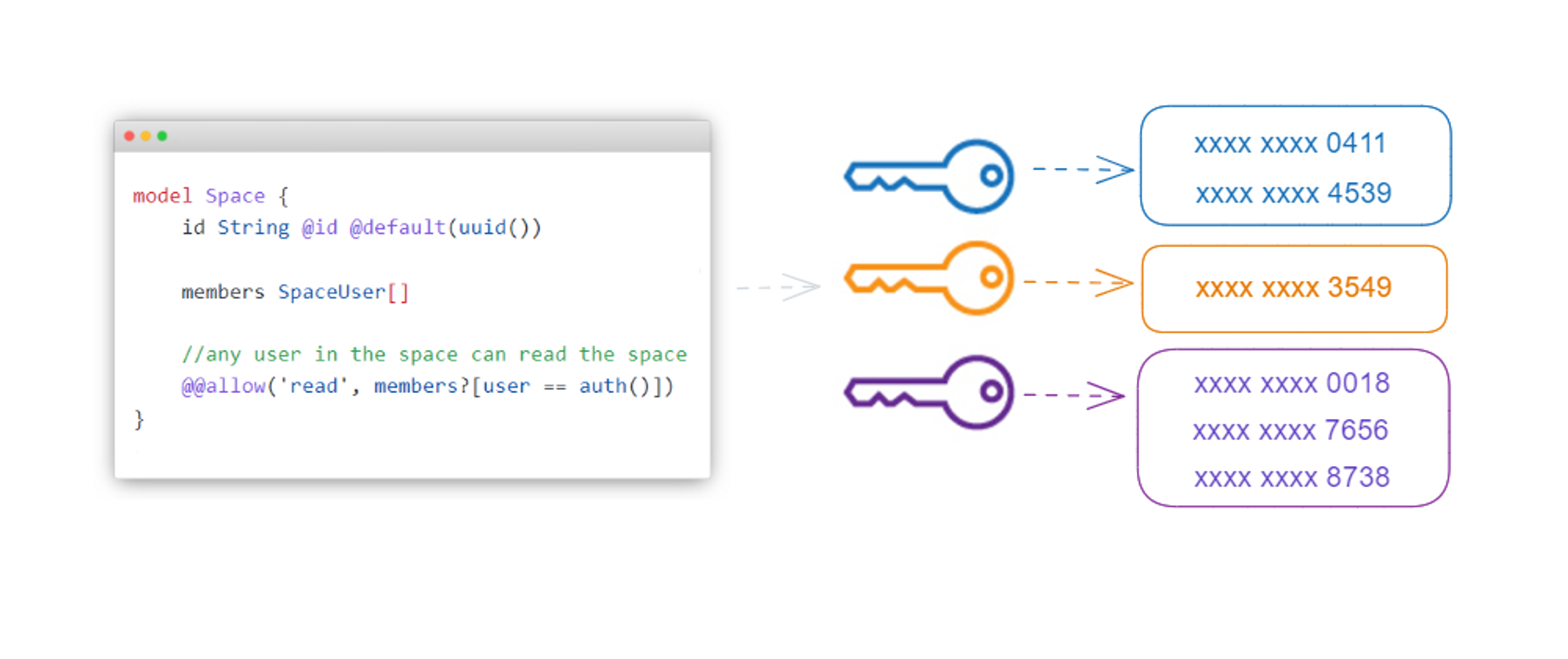Where Did Microservices Go

When I quit Microsoft and joined the startup company in 2015, the first thing I learned is the concept of Microservices. It was touted as the future of software development, promising increased scalability, flexibility, and resilience. It seems everyone was jumping on the bandwagon, even the fledgling startups despite the inhere challenges involved. There was a joke about it:
There’s a thousand-line program here, we’ve got to break it to make it down into 10 hundred-line programs.










